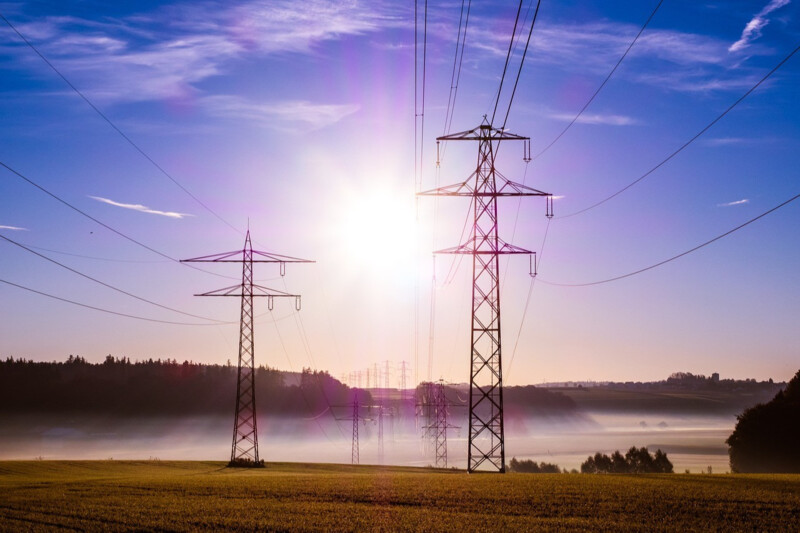Si en théorie, les entreprises subissant des dommages matériels lors d’une coupure de courant pourront être indemnisées par leur assurance, la programmation des délestages électriques vient remettre en question le principe de l’aléa sur lequel s’appuient les garanties de dédommagement des assureurs.
Des pertes financières importantes lors des délestages électriques
Les coupures d’électricité programmées, appelées délestages, qui sont susceptibles de survenir cet hiver, préoccupent tout autant les entreprises que leurs assureurs. À peine sortis des procédures liées à l’indemnisation des entreprises impactées par le Covid-19, les assureurs doivent désormais se préparer à affronter de nouvelles situations inédites.
Les délestages risquent d’entraîner des pertes financières non négligeables pour les entreprises : rupture de la chaîne du froid dans l’agroalimentaire ou la grande distribution, interruption des chaînes de production, retards de livraison, etc. Dans certaines usines, l’arrêt et la remise en marche des machines pourront suspendre l’activité pendant près d’une semaine, pour seulement 2 heures de coupure électrique.
Dans ce contexte, les entreprises, et plus particulièrement les PME, craignent de revivre les mêmes déconvenues en termes d’indemnisation que durant la crise du Covid-19 et les confinements successifs.
De leur côté, les assureurs estiment que la pandémie de Covid-19 a eu pour effet de clarifier les contrats, notamment en ce qui concerne la garantie des dommages directs et l’indemnisation des pertes d’exploitation. En 2021, l’Autorité de contrôle prudentiel et de résolution (ACPR), qui surveille l’activité des banques et des assurances en France, a par ailleurs demandé aux assureurs plus de transparence concernant les clauses implicites.
Une indemnisation en cas de dommages matériels ?
Dans le cadre des délestages, les assureurs s’appuient sur les dommages matériels, qui sont la condition d’activation de la garantie des pertes d’exploitation. Autrement dit, si la coupure électrique provoque un court-circuit ou tout autre dégât matériel, l’entreprise pourra prétendre à une indemnisation.
Les seules entreprises susceptibles de bénéficier d’une indemnisation en l’absence de dommages matériels sont celles ayant souscrit une garantie pour pertes pécuniaires diverses. Concrètement, il s’agit des grandes entreprises dotées d’une captive de réassurance.
Pour les PME, la situation s’annonce plus difficile, puisqu’elles souscrivent généralement des contrats multirisques dits « à périls dénommés » : ces garanties ne couvrent que les risques listés dans le contrat, à l’exclusion le plus souvent des dommages matériels et des pertes financières qu’ils engendrent.
Par ailleurs, même les entreprises disposant d’une garantie couvrant les dommages matériels ne pourront être indemnisées que si elles ont mis en place une série de mesures de prévention exigées par les assureurs. Parmi ces mesures figure parfois l’utilisation de groupes électrogènes, dont peu d’entreprises sont équipées.
De plus, certaines questions demeurent : l’assurance est régie par le principe de l’aléa, ce qui sous-entend que seuls les dommages provoqués par un événement imprévisible peuvent être couverts. Or, les délestages sont des coupures de courant programmées par le gestionnaire du réseau RTE, afin d’éviter un blackout généralisé. Ils seront annoncés jusqu’à 3 jours en amont de leur mise en œuvre, ce qui est susceptible de remettre en question l’indemnisation des entreprises.
Certains assureurs envisagent de compenser l’absence d’indemnisation par des gestes commerciaux qui pourraient suffire à couvrir les pertes financières, celles-ci s’annonçant beaucoup moins massives que durant les périodes de confinement.
